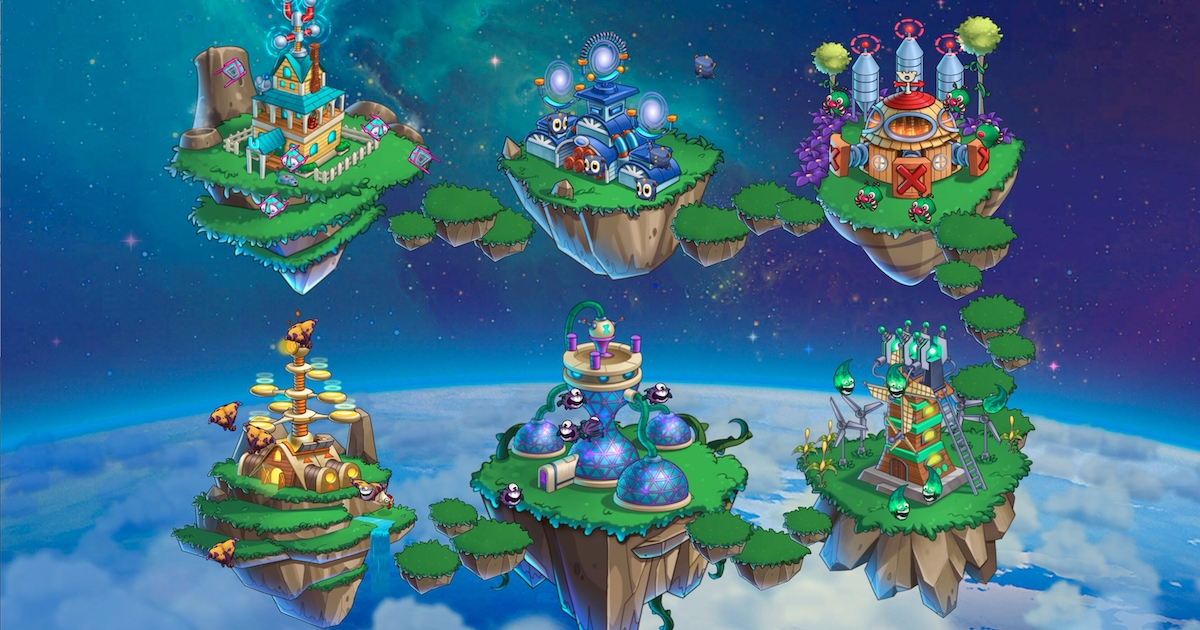
Photo by Akili Interactive
EndeavorRx, the FDA De Novo-authorized video game digital therapeutic for children with ADHD, is getting a slew of new gameplay features, its developer Akili Interactive announced today.
EndeavorRx takes the form of a game in which users navigate an alien avatar through a course while they respond to on-screen prompts. The app keeps track of movements, monitors the user’s behavior and quickly adapts to the player.
The FDA indicates the treatment to improve attention function in children ages 8 to 12 years old with primarily inattentive or combined-type ADHD, who have a demonstrated attention issue.
Akili says the new features give users more choices while they play. They can now select and unlock new characters and costumes, complete new quests and build their own universe.
While the updates are designed to enhance the game playing experience of EndeavorRx, they were built without disrupting Akili’s Selective Stimulus Management Engine (SSME) core technology that targets attention focus, the company said.
The Akili team took the latest trends in video game development paired with user feedback to create the updates.
“Rapid product iteration is critical to creating amazing experiences for patients and delivering on the full promise of digital therapeutics,” Carl Gottlieb, senior vice president of engineering at Akili Interactive, said in a statement.
“Since obtaining FDA clearance, we’ve been listening and learning, and are taking a dynamic patient-responsive approach to create an amazing experience -- from the product to the delivery process. Because EndeavorRx is uniquely delivered through a video game, we have nearly endless opportunities to enhance the product and evolve it based on user feedback and gaming trends to drive enjoyment and engagement.”
WHY THIS MATTERS
Between 2016 and 2018 about 11% of children aged 5 to 17 years old had been diagnosed with ADHD in the U.S., according to the CDC. Boys are more than twice as likely to be diagnosed with the condition than girls.
Medication and behavioral therapy are the two most common forms of treatment for ADHD, yet medication is used more often. Among all children 2 to 17 years old with ADHD in 2016, 62% were on medication compared to 47% who received any behavioral treatment for their ADHD in the past year, according to the CDC.
The prevalence of treating ADHD with medication poses problems as stimulants are associated with side effects including sleep problems, decreased appetite, delayed growth, headaches, nausea, irritability when the medication wears off, the development of tics, moodiness and cardiac risks, according to the Child Mind Institute.
Further, studies show a link between ADHD and substance use disorder later in life. In fact, approximately one-fifth of adults with SUD have ADHD, according to the Journal of Clinical Psychology.
These risk factors make ADHD a prime clinical candidate for non-invasive treatments like EndeavorRx.
THE LARGER TREND
Earlier this year, Akili scored $160 million in funding with eyes set on expanding EndeavorRx’s capabilities into other cognitive conditions, including depression and COVID-19-related brain fog.
Boston Children’s Hospital spin-out Mightier also has a video game treatment for children with ADHD. It recently received a $2 million National Institute of Mental Health grant to study its effectiveness with Magellan Health.
Outside of ADHD, gamification has been studied among people with diabetes and overweight veterans to help them increase their physical activity.


















